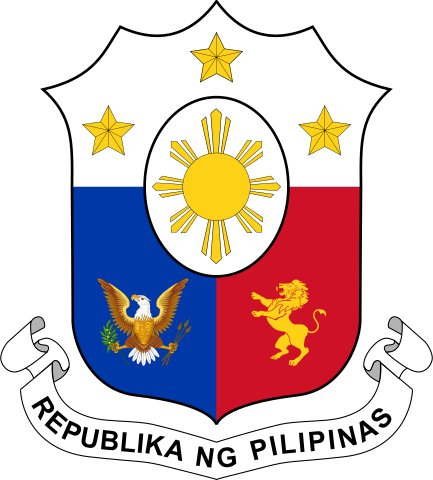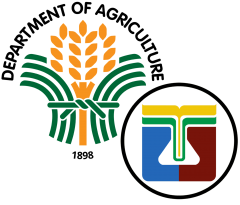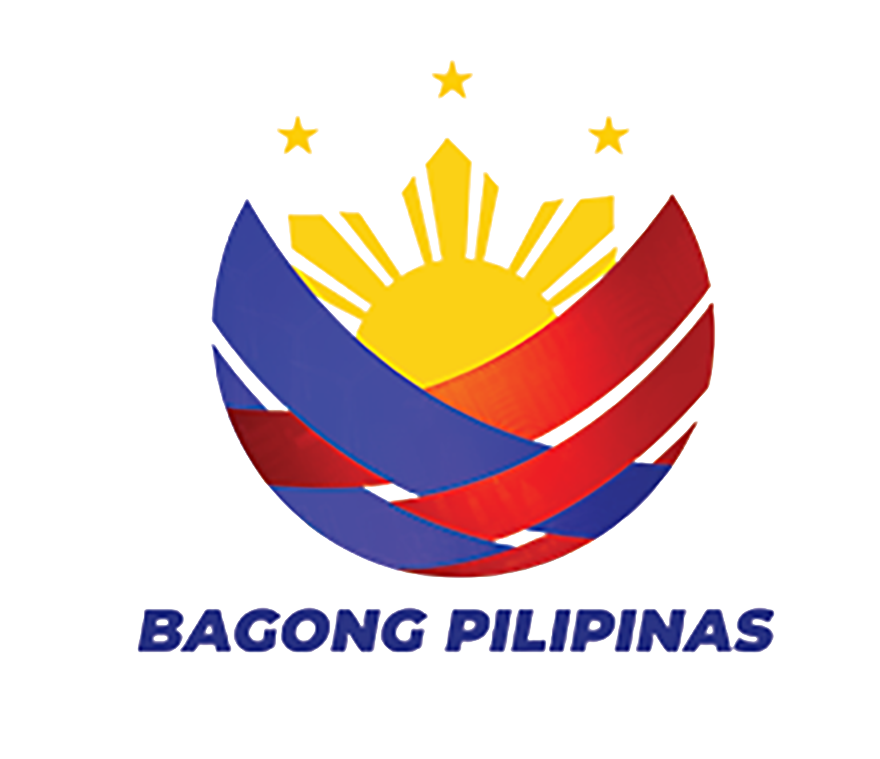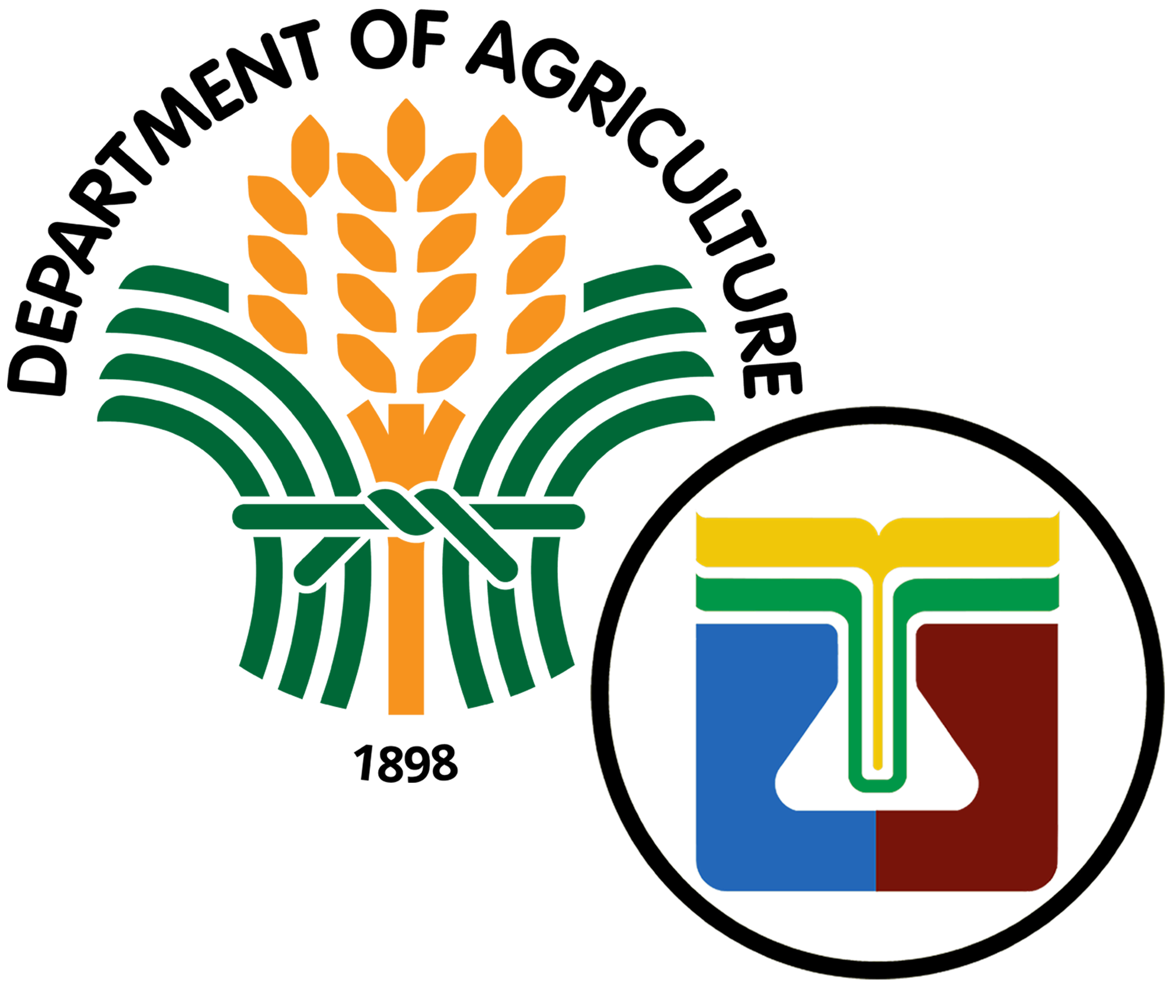Overview
A SONA (2016) Commitment of President Rodrigo R. Duterte and one of the flagship programs is to develop color-coded agricultural guide maps which provide information on the fertility status of our soils and which crop is best suited for a specific soil, climate and geographic location.
The project has three components:
- Soil Fertility and Suitability Assessment and Mapping
- Technology Promotion and Adoption
- Capacity Building and IEC Campaign
The project intends to improve productivity through the development of soil-based agricultural guide maps and technology promotion on best management practices.
ABOUT THE PROJECT
Soil is a vital resource from which our food and other productive, socio-cultural, and ecological needs are produced and provided. Despite its importance, the soil has been given limited attention and support in terms of its protection and conservation. In truth, it continues to be under the immense pressure of meeting the growing demand for food and aggressive pursuit of economic growth. These, against a backdrop of a changing climate, further predispose our soil resources to degradation.
In the last couple of decades, efforts to address soil degradation and promote sustainable soil management have been sporadic, small in scale, and mostly locally-led. Only in 2016 that a nationally-led initiative underpinning soil as one of the basic foundations of sustainable food production has been again given importance.
President Rodrigo R. Duterte, in his first State of the Nation Address (SONA) on July 25, 2016, committed to conduct nationwide soil testing and underscored the need for soil rehabilitation and sustainable fertilization to optimize production.
The Department of Agriculture, then under the leadership of Sec. Emmanuel F. Piñol, commissioned the DA-Bureau of Soils and Water Management (BSWM) to lead the task of fulfilling the President’s commitment by preparing updated soil-based agricultural guide maps. These maps can serve as additional planning and decision-support tool to improve crop production by providing information on soil nutrient level and fertilizer guide. This undertaking was reaffirmed by current DA Secretary, Dr. William D. Dar, as part of the DA’s effort to intensify soil rejuvenation program to sustain increased crop productivity.
Commencing in August 11, 2016, the Soil Health Assessment – National Soil Sampling and Testing (SHA-NSST) project was implemented with initial auspices of the National Rice Program. Together with the DA-Regional Field Offices (DA-RFOs) and the Local Government Units (LGUs), the 47 major rice-producing provinces were covered. In 2017, the DA-BSWM secured a 5-year funding support from the Department of Budget and Management (DBM) to complete the remaining 34 provinces and 2 cities for rice, and to expanded the coverage to corn-growing areas of 23 provinces in 2018-2021.
Essentially, we envision arresting nutrient depletion, reinvigorating the soil health of our agricultural lands, and contributing to the achievement of a “food-secure and resilient Philippines with empowered and prosperous farmers and fisherfolk”.
Beneficiaries
Provincial and Municipal Local Government Units, Farmers, Planners, Policy and Decision-Makers, Academe
Program Website
You may visit the program website here.



